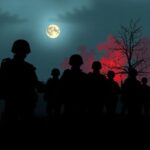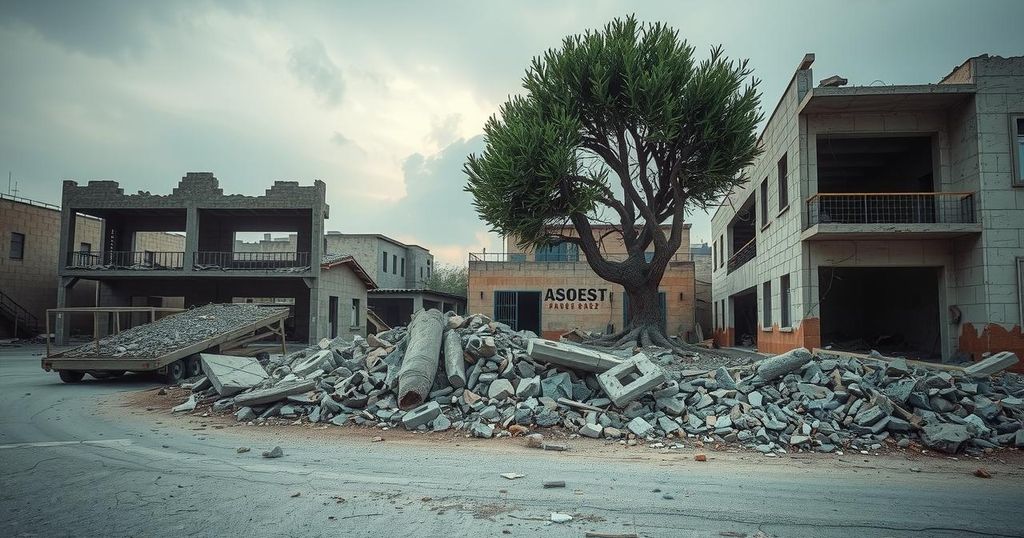Putin Proposes India, China, and Brazil as Mediators for Ukraine Peace Talks
In a recent statement, Russian President Vladimir Putin expressed openness to peace talks with Ukraine and identified India, China, and Brazil as potential mediators. Speaking at the Eastern Economic Forum in Vladivostok, Putin emphasized that any negotiations should be based on a preliminary agreement that was reached between Russian and Ukrainian negotiators in early 2022 during discussions in Istanbul, which had never been implemented.
Putin noted that despite Ukraine’s military actions, including a significant cross-border incursion into Russia’s Kursk region in August, Russia has maintained a stance of willingness to negotiate. He remarked, “Are we ready to negotiate with them? We have never refused to do so, but not on the basis of some ephemeral demands, but on the basis of those documents that were agreed and actually initialled in Istanbul.” This statement reflects a shift from his earlier position where he dismissed the possibility of talks under such circumstances.
Furthermore, Putin argued that the initial agreement was indicative of a mutual understanding, stating that the Ukrainian delegation had shown satisfaction with the terms that had been preliminarily established. He attributed the failure to implement the agreement to external influences from the United States and Europe, claiming that these entities aimed for a strategic defeat of Russia.
This renewed interest in dialogue follows significant diplomatic engagement from Indian Prime Minister Narendra Modi, who made recent visits to both Moscow and Ukraine, marking a pivotal moment in India’s approach to the conflict. Putin’s remarks may pave the way for re-evaluating the roles that emerging powers can play in international diplomacy as the situation in Ukraine continues to evolve.
Thus, while the potential for negotiations exists, it remains imperative for all parties involved to consider the historical context and the complexities that underlie the ongoing conflict.







Post Comment